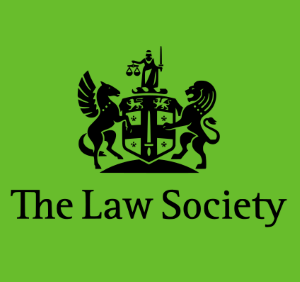Guidance helps legal professionals recognise and protect clients who are victims of modern slavery
The Law Society yesterday published new guidance for all practitioners who may come into contact with victims of modern slavery.
 The guidance can be read online here.
The guidance can be read online here.
As the Law Society notes, immigration practitioners are among those who may encounter victims of modern slavery in their work.
Simon Davis, the Law Society president, explained: "Legal professionals need to be able to recognise and protect children or adults they come across who are victims of modern slavery. Solicitors may encounter victims in criminal, immigration, mental health, children and protection or safeguarding work. The legal situation and a solicitor's professional obligations in these circumstances may be particularly complex, even more so when the victim is a minor."
The guidance includes sections on identifying a victim of modern slavery and what to do if you suspect a client is a victim of modern slavery.
The guidance states: "Care must be taken not to make an already bad situation worse for the victim. The victim will often be very wary of any sort of intervention as they will frequently have an irregular migration status and will fear detention, removal or deportation.
"This is especially the case with victims who are in a situation of debt-bondage. The debt is repayable in any event and gangs are known to use violence on family members in their country of origin if a victim stops repaying the debt bond. Any intervention must be handled with the utmost sensitivity and care."
Simon Davis added: "Someone who is enslaved may not trust the legal system and may have strong reasons to wish to conceal their status from solicitors or the authorities.
"Conflicts may arise for solicitors, for instance between the duty of confidentiality and the need to act with integrity. Fine judgement and sensitivity will be key to safeguarding the victim, observing professional obligations and upholding the law."
In addition, the guidance has a separate section on child victims of human trafficking.
It notes: "Child victims of trafficking require special protective measures and as a legal professional you play an important role in ensuring that the rights of child victims are safeguarded. Furthermore, in acting for child victims, you should have regard to the rules of client confidentiality and legal professional privilege.
"You should bear in mind that children are particularly at risk of harm from those responsible for their trafficking."